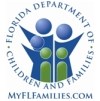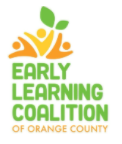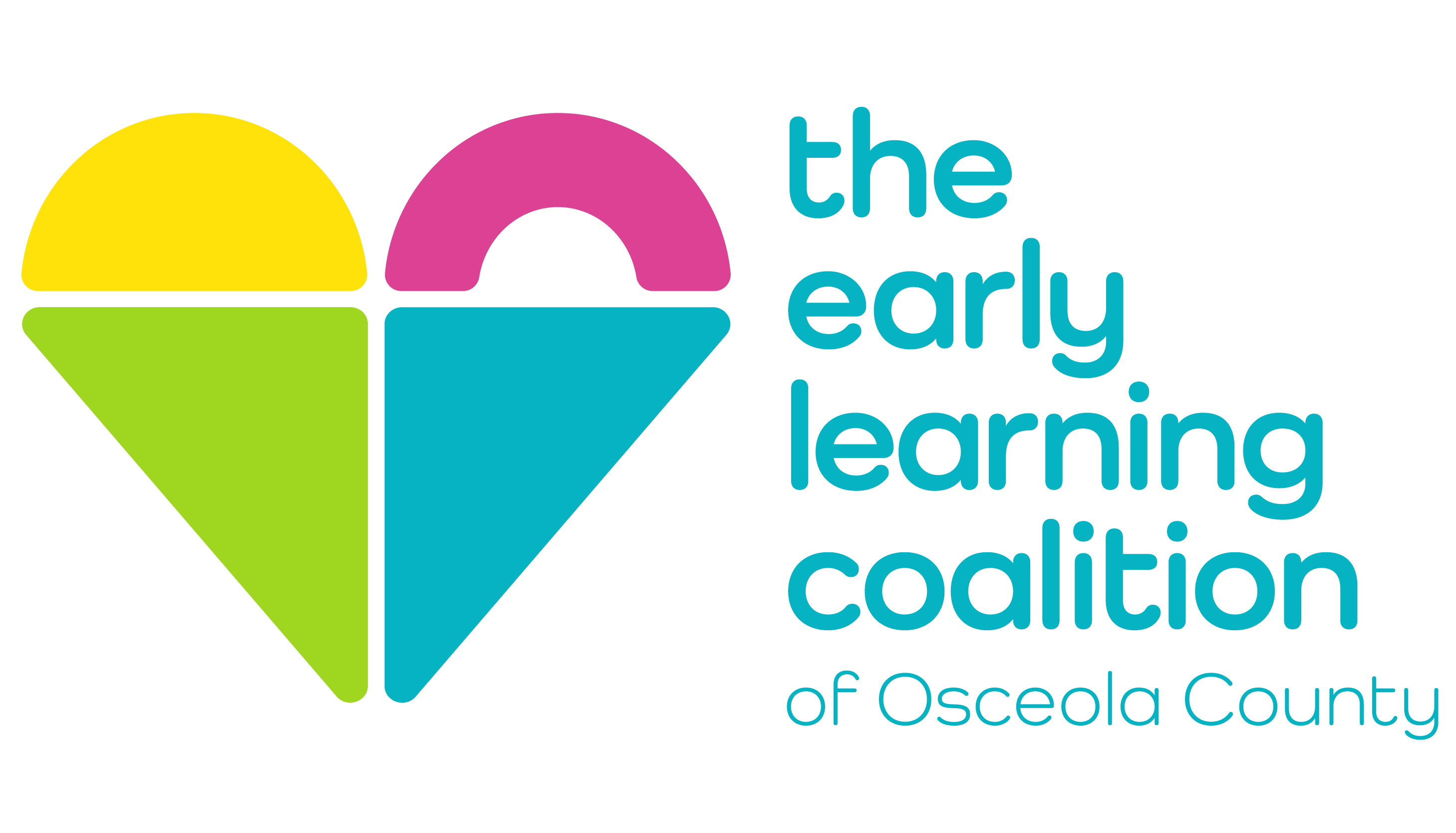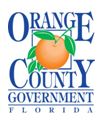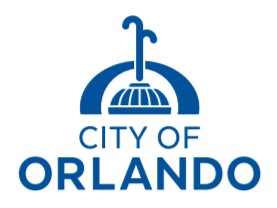With the beginning of the school year, the state’s children are facing their own personal challenges and their parents and caregivers need their social connections more than ever. This webinar series by Prevent Child Abuse Florida focuses on families remaining physically distant but socially close through technology and creativity.
The ongoing webinar series on the Protective Factors is called “Bringing the Protective Factors to Life.” The link to these webinars is on Prevent Child Abuse Florida’s home page at www.preventchildabusefl.org or click here to link directly to the series.
When Protective Factors are present in families, their protective capacities improve. When protective capacities are increased, families are more stable and children are safer. This series is about building support for families and paying attention to prevention.
